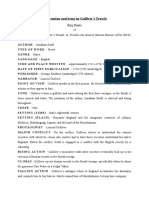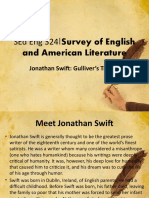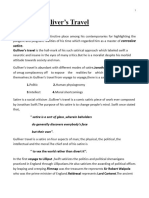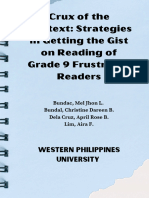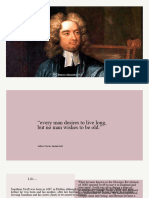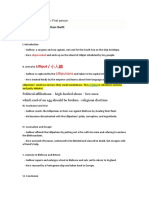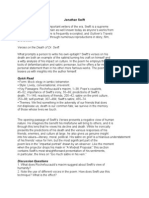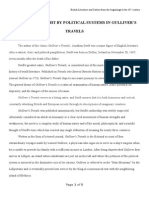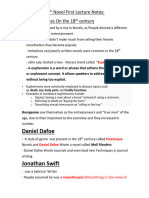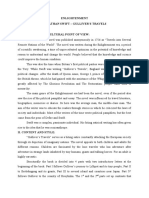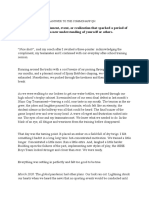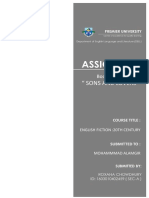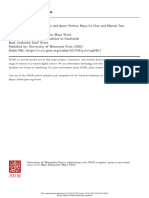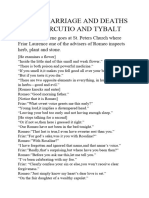0% found this document useful (0 votes)
46 views3 pagesAssignments For Session 3
This document provides assignments related to the Enlightenment in Europe, including works by Jonathan Swift, Voltaire, and Jean-Jacques Rousseau. For Swift, students are asked to analyze passages from Gulliver's Travels discussing his voyages to Lilliput, Brobdingnag, and the country of horses and Yahoos. For Voltaire, students will analyze his satire Candide and its criticism of philosopher Leibniz. For Rousseau, students will compare Confessions to Candide and summarize key events from the narrator's childhood and his feelings of uncertainty.
Uploaded by
Trang QuynhCopyright
© © All Rights Reserved
We take content rights seriously. If you suspect this is your content, claim it here.
Available Formats
Download as DOCX, PDF, TXT or read online on Scribd
0% found this document useful (0 votes)
46 views3 pagesAssignments For Session 3
This document provides assignments related to the Enlightenment in Europe, including works by Jonathan Swift, Voltaire, and Jean-Jacques Rousseau. For Swift, students are asked to analyze passages from Gulliver's Travels discussing his voyages to Lilliput, Brobdingnag, and the country of horses and Yahoos. For Voltaire, students will analyze his satire Candide and its criticism of philosopher Leibniz. For Rousseau, students will compare Confessions to Candide and summarize key events from the narrator's childhood and his feelings of uncertainty.
Uploaded by
Trang QuynhCopyright
© © All Rights Reserved
We take content rights seriously. If you suspect this is your content, claim it here.
Available Formats
Download as DOCX, PDF, TXT or read online on Scribd
/ 3









